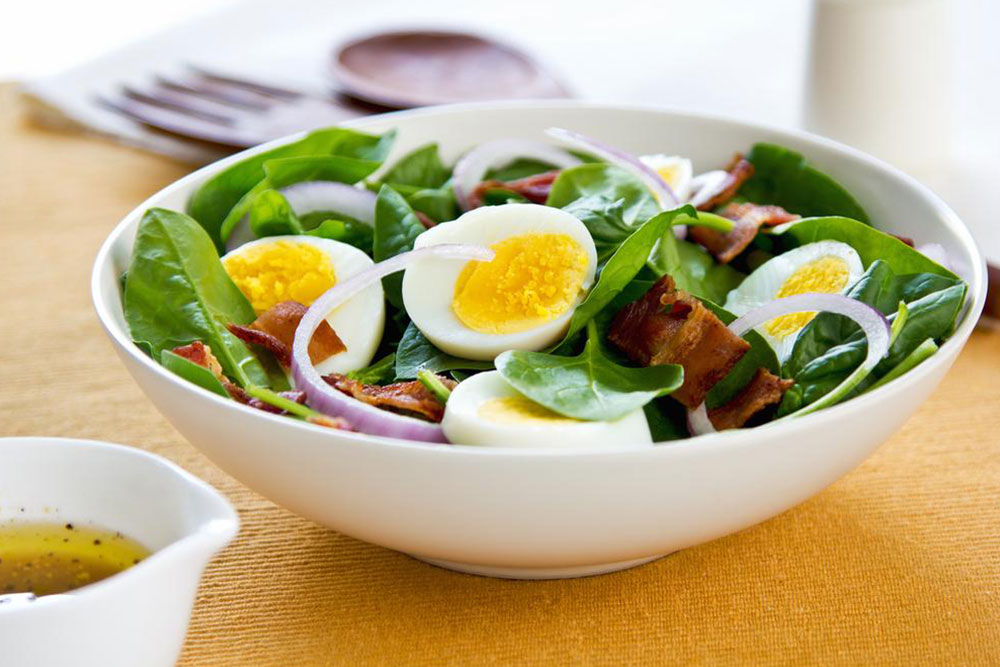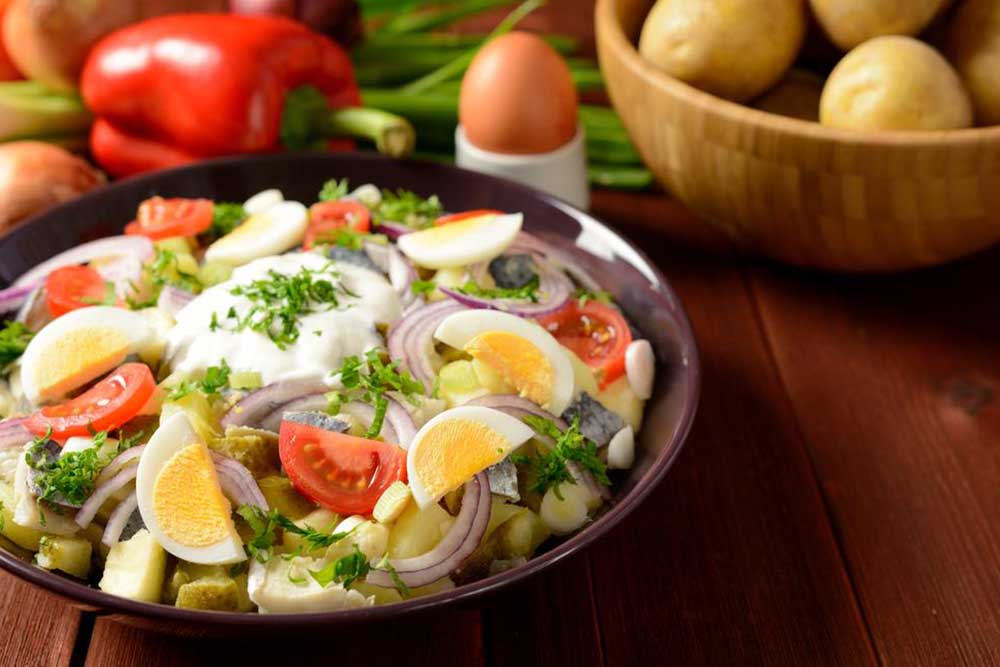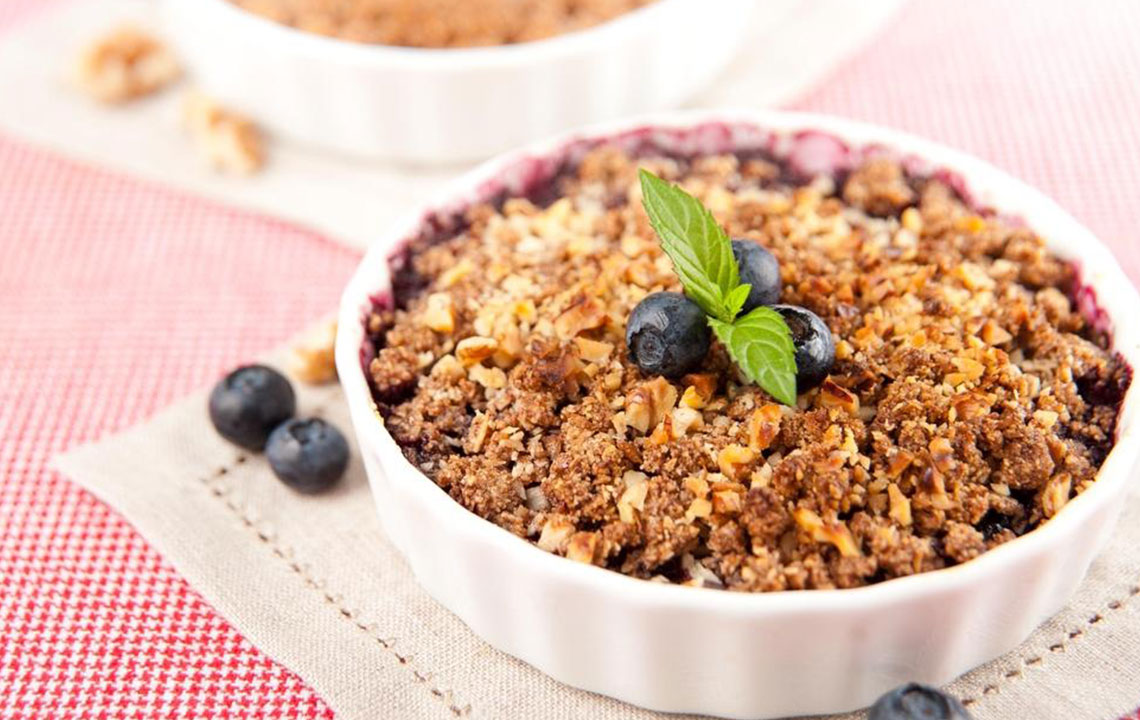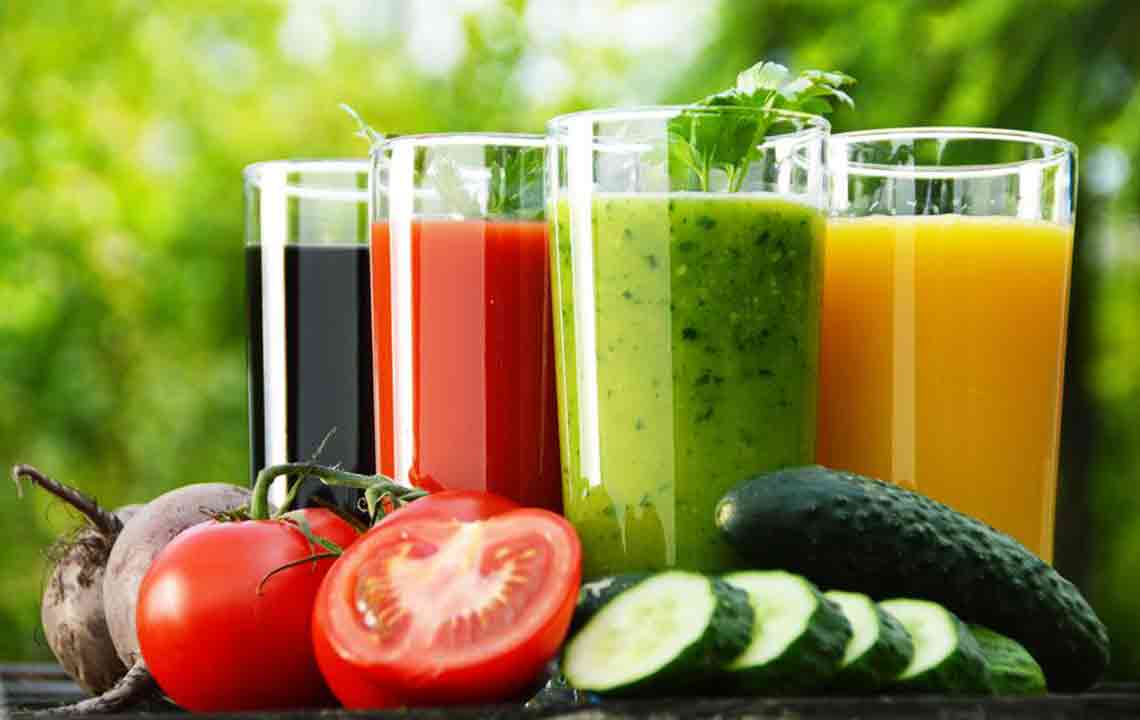Healthy Kidney Diet Guidelines: Foods to Include and Avoid
This comprehensive guide provides essential dietary recommendations for supporting kidney health. It highlights beneficial foods like cabbage, cauliflower, and fish, along with foods to avoid such as high-sodium and high-potassium items. Proper diet management plays a vital role in slowing kidney disease progression and maintaining overall well-being. Consult your doctor for tailored advice to ensure optimal kidney function through diet.
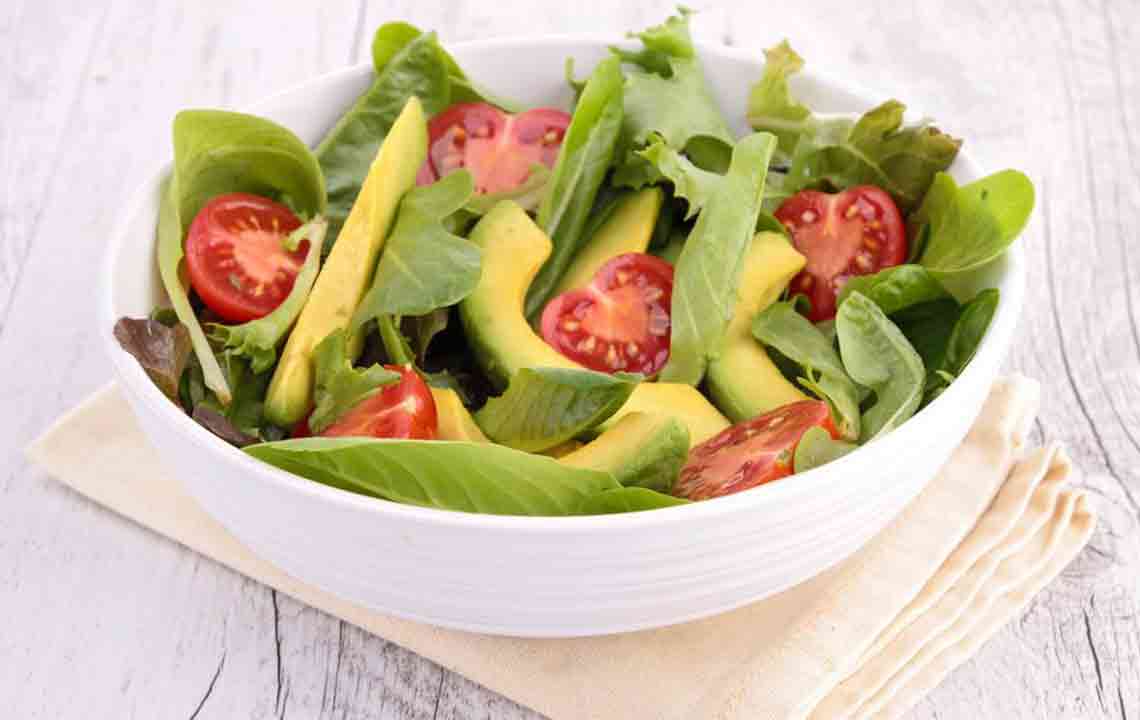
Healthy Kidney Diet Guidelines: Foods to Include and Avoid
Kidney conditions disrupt the natural filtering process, causing waste accumulation and fluid retention. Symptoms such as swollen ankles, shortness of breath, fatigue, vomiting, and sleep issues may occur. Maintaining a suitable diet is crucial for supporting kidney health, especially since conditions like diabetes and hypertension can worsen kidney function if unmanaged.
This article outlines dietary choices that can aid or hinder kidney health. Choosing the right foods helps manage symptoms and prevent further damage. Here's what to incorporate and avoid for optimal kidney function.
Recommended Foods:
Cabbage: Rich in phytochemicals, cabbage supports heart health and cancer prevention. It provides vitamins K and C, fiber, folic acid, and vitamin B6, and is low in potassium. Enjoy it steamed, boiled, or added to salads and sandwiches.
Cauliflower: Loaded with vitamin C, fiber, and folate, cauliflower contains compounds like indoles that aid liver detoxification and cellular protection. It can be eaten steamed, boiled, or raw in salads.
Red Bell Peppers: Packed with vitamin C, vitamin A, B6, folic acid, and fiber, red bell peppers are versatile additions to many dishes, from salads to stir-fries.
Apples: Apples help reduce cholesterol, fight constipation, and lower heart disease risk. Rich in fiber and anti-inflammatory compounds, they make a healthy snack or ingredient in pies, sauces, and juices.
Berries: Blueberries, strawberries, and raspberries are high in antioxidants, fiber, and vitamin C. Incorporate them into smoothies, cereals, or enjoy fresh.
Garlic: Garlic helps lower cholesterol and reduces inflammation. Use it to flavor vegetables, meats, or make garlic bread.
Onions: Rich in flavonoids like quercetin and containing chromium, onions can be eaten raw or cooked in various meals, salads, or sandwiches.
Egg Whites: An excellent source of protein with lower phosphorus levels, egg whites are suitable for kidney-friendly diets. Use them in omelets, sandwiches, or salads.
Fish: Fish like mackerel, trout, and salmon are high in-quality protein and omega-3 fatty acids, which combat inflammation and promote heart health.
Foods to Limit or Avoid:
Sodium: Restrict intake of salt, processed foods, and additives like MSG. Choose low-sodium options and avoid salted snacks, cured meats, fast foods, and restaurant meals. Do not use salt substitutes containing potassium.
Potassium: Limit high-potassium foods. Opt for fruits like berries, peaches, grapes, apples, and cherries, and vegetables such as broccoli, cauliflower, celery, carrots, lettuce, eggplant, peppers, and zucchini.
Phosphorus: Reduce dairy, nuts, beans, lentils, organ meats, sardines, and processed meats. Avoid phosphate-enriched drinks and baked goods with phosphates.
Protein: Regulate protein intake based on medical advice. Focus on high-quality, moderate portions to prevent additional kidney strain while maintaining overall strength.
Note: Our website offers diverse informational content to help you understand health and wellness topics, but it should not replace professional medical advice. Always consult your healthcare provider for personalized guidance regarding your condition.

